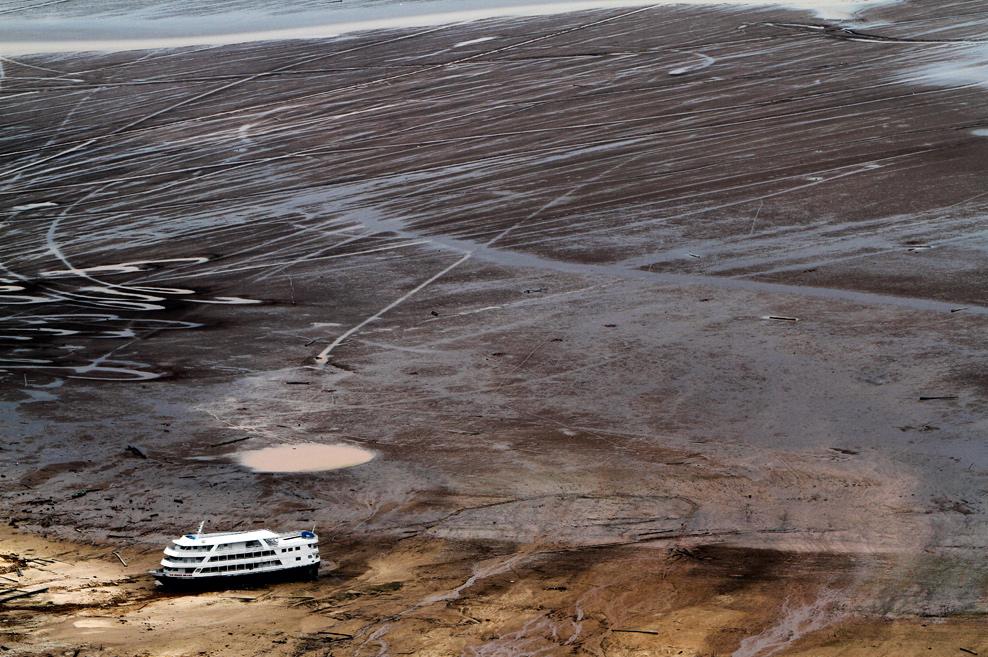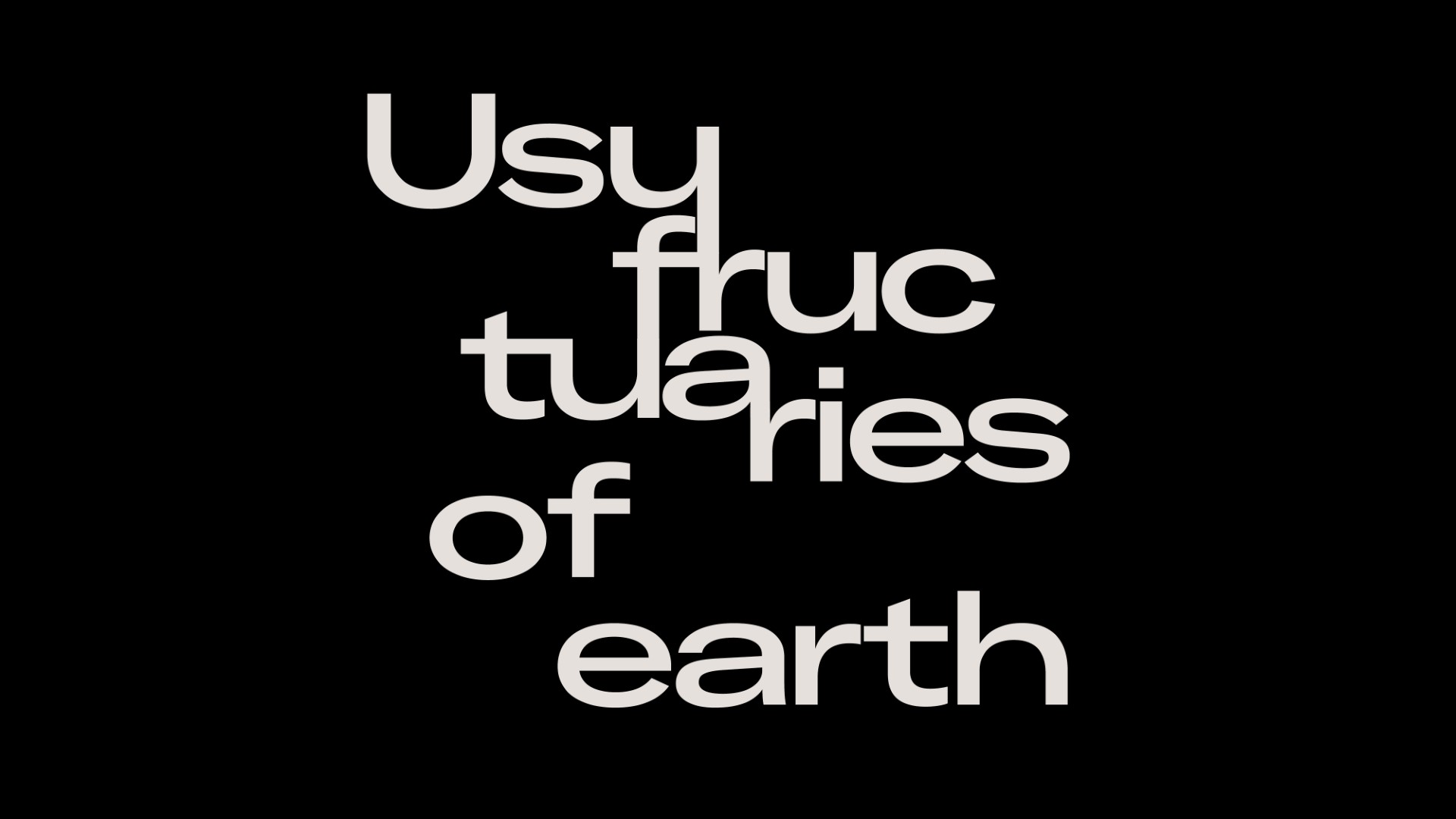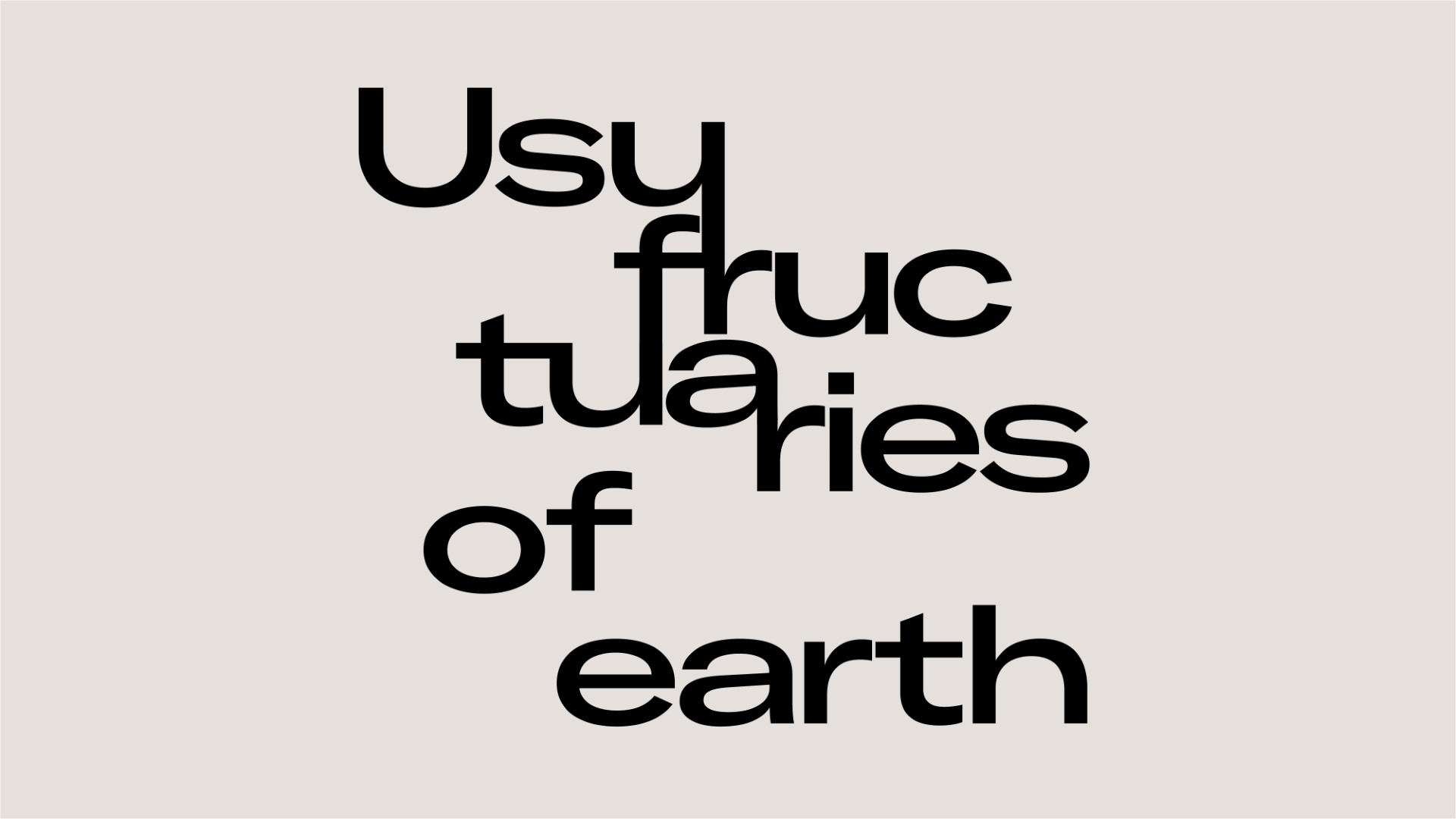Over the Ruins of Amazonia: Colonial Violence and De-colonial Resistance at the Frontiers of Climate Change

During the so-called “development decades” of the Cold War, the Earth’s systems experienced the exponential impact of what climate scientists call the Great Acceleration: “the most rapid transformation of the human relationship with the natural world in the history of humankind.” That transformation was accompanied by, and intrinsically related to, the enforcement of a generalized state-of-exception across the Third World, followed by widespread environmental destruction. This project traces the cartography of the modern-colonization of Amazonia, mapping the relations between the environmental and political violence that lay at the foundations of the contemporary Anthropocene, and which unfold to the geopolitical-geophysical conditions of climate change. Rather than the collateral, unintended effect of “growth,” “development,” or “progress,” global climate change is viewed here as the product of colonial violence directed against both human and nonhumans, peoples and environments, societies and territories. With this perspective remote-sensing archaeological excavations of such forms of environmental violence in Amazonia unearth the history of a territory whose nature is deeply cultural, shaped, and reshaped by political conflicts.
“Over the Ruins of Amazonia: Colonial Violence and De-colonial Resistance at the Frontiers of Climate Change,” lecture by Paulo Tavares on 23 November 2015 in the context of the exhibition Forest Law at BAK, basis voor actuele kunst, Utrecht.



